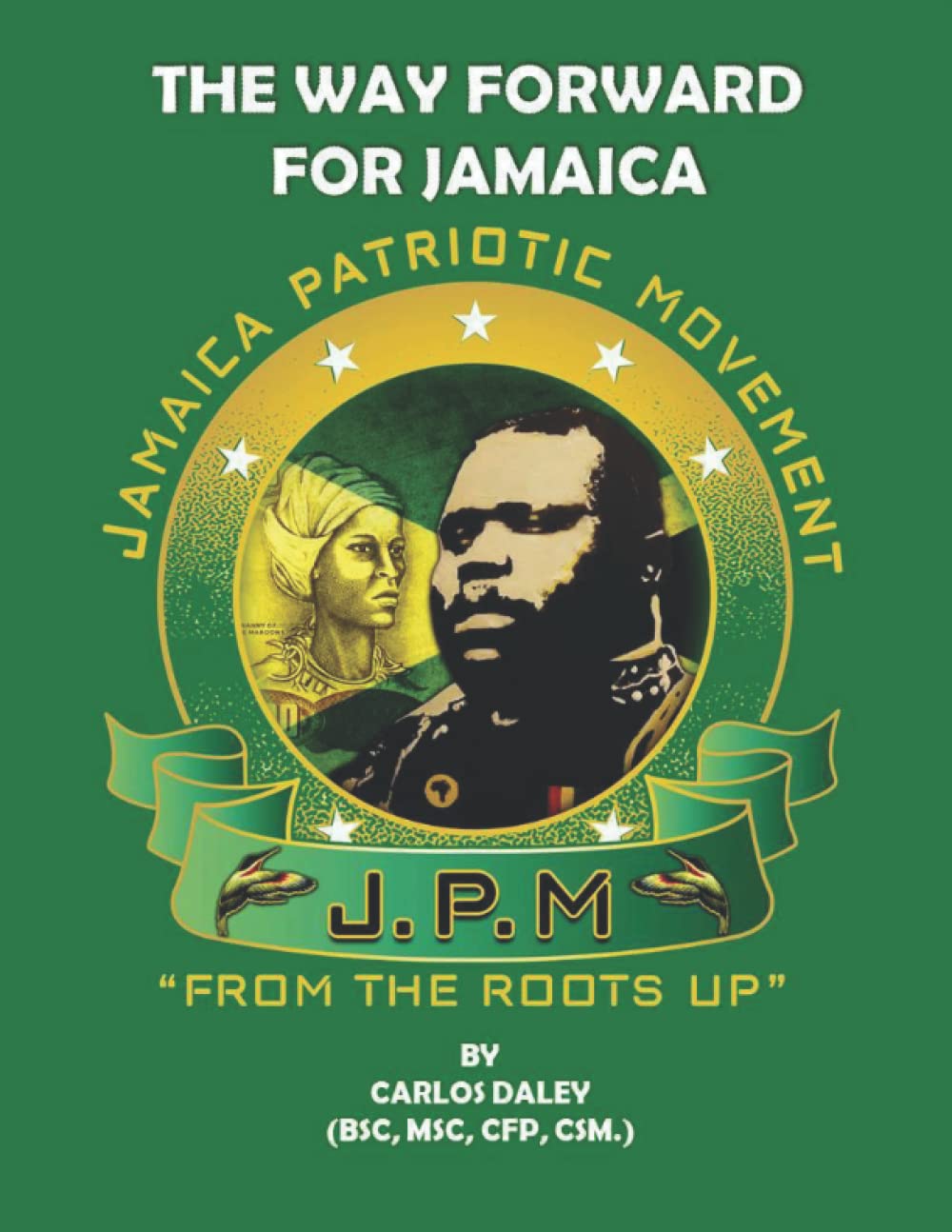LETICIA MARTINEZ HERNANDEZT
Teaching reading and writing and basic math to millions of people from different nations of the Americas has gone from a utopian dream to a reality. The experiences in Bolivia, Nicaragua and Venezuela were shared Tuesday at the Ibero-American Congress of Literacy and Basic Education for Youth and Adults taking place in Havana.
THE DELEGATES SHARE THEIR EXPERIENCES ON LITERACY TEACHING AND FOLLOW-UP EDUCATION
Pablo Quisbert, coordinator of Bolivia’s national literacy program, assured that by December his country will become the third of the continent to free itself from illiteracy, after Cuba and Venezuela. He noted that 162 of the country’s 327 municipalities have already been declared free of illiteracy.
Quisbert said the success is due to the priority given the program by President Evo Morales, the great success of the army of volunteer teachers, and the effective Yo si puedo (Yes I can) teaching method supplied by Cuba. He said the effort to break the wall of ignorance has a cost of 18 Euros (US $28) per person while other literacy programs surpass a 100 Euros (US $155) for each student.
In Nicaragua, nearly 124,000 people have learned to read and write with the campaign titled From Marti to Fidel, which recognizes the Cuban contribution. Digna Emerita, coordinator of the program in Nicaragua said her country will be free of illiteracy some time next year. She said that this time the campaign will not commit the same errors as the literacy campaign after the 1979 Sandinista revolution in that better continuing education opportunities will be available.
At the end of the second day of the literacy conference, Hector Navarro, Venezuela’s minister of Education, spoke with the press. He said it is not sufficient to teach literacy because it is only door to knowledge. He noted that Venezuela has already taught 1,607,000 people to read and write, hopes to graduate a half million high school students and has two million studying at the university level. Navarro said the country’s main enemy in the effort is US imperialism.
Regarding Venezuela’s assistance to other Latin American nations, Navarro said that his country is currently collaborating with Bolivia and Nicaragua, but still has an ethical debt with Haiti. He said Venezuela is willing to work to also free that small nation from literacy.

